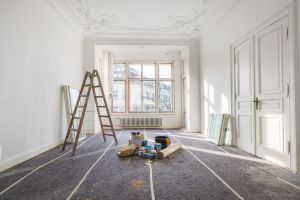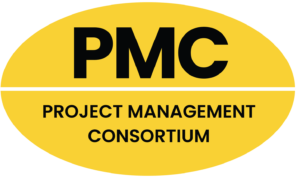Generally, there are many reasons why people want to live in condominiums. These are residential units in a building where the owners share amenities, common spaces, and other essential resources. Because of the comfort, convenience, and safety associated with these units, they’re, undoubtedly, a perfect place of residence for many individuals like you.
However, there are instances when you might want to make your condominium accommodate more people, or you intend to purchase a unit to convert it into a profitable real estate investment. Either way, you need to renovate to get the look you want for the place.
Unfortunately, like a home renovation project, giving your condo unit a makeover might involve limitations regarding the improvements you want to add, the permission you need, and other essential things. Failing to consider the restrictions might get you in big trouble.
So, if you’re planning to carry out a condo renovation, below are the dos and don’ts you should consider from the get-go:
DOs:
The following are the things you should do when renovating a condo unit:
- Get Familiar With Condo Renovation Rules
If you want to renovate a condo unit for whatever purpose, it’s important to familiarize yourself with the condominium renovation rules in your area. Since condominiums are attached to other units in a building, condo owners are subject to specific rules and regulations regarding renovations or remodeling.
For example, you may need to check whether you should obtain a permit from the regulating government agency before renovating your condo unit in Toronto or other cities nearby. If you don’t follow any of these rules, you may be subjected to hefty fees, court time, and other legal repercussions. Hence, to avoid these problems, make sure to read the applicable condo renovation rules in Toronto or wherever your condo unit may be located.
- Submit Architectural Drawings For Major Condo Renovations
If you’re doing a major condominium renovation, submitting architectural drawings approved and signed by your licensed architect can be necessary to know whether the project can be safely carried out. For example, suppose you want to do wall demolitions, floor installation, or plumbing works. In that case, you should submit the drawings associated with these projects to the admin officer for their review and approval. Without their go-signal, you may be unable to push through with the major renovation of your condominium.

- Know The Allowable Electrical Load Per Condo Unit
One of the critical things to consider when doing a condo renovation is the electrical system. After all, it’s responsible for powering up the appliances, lights, and other electrical devices. However, if your condo renovation project involves electrical works, it’s essential to know the allowable electrical load per condominium unit from the building administrator before getting started. That way, you can figure out whether your unit can safely accommodate the electrical load you need to add more electrical outlets and light switches, and install an air conditioner.
DON’Ts:
The following are the things you shouldn’t do when renovating a condominium unit:
- Attempt To Renovate The Exterior Part Of Your Condo Unit
Generally, being an owner of a condominium unit doesn’t mean you own the exterior part of the building. Your ownership rights are limited only to the unit and its interior features. That said, you should never attempt to renovate the exterior portion of your unit. This means you shouldn’t carry out any renovation projects in the hallways and floorings outside your unit. While you can get a fresh coat of paint for your condo, this project isn’t available to anything outside your unit as the building developer, not you, owns it.
- Forget To Know The Allowable Renovation Hours
Unlike other residential properties with gated neighborhoods, condominiums have people living near each other, with only walls separating their places of residence. Because of this, you shouldn’t forget to know the number of hours your renovators can work on your condo unit.
In most cases, condo buildings only allow weekly renovations to minimize disruptions to the people living in other condominium units. So, make sure to check with the building administrator regarding the appropriate schedule to carry out the renovations.
- Forget To Pay A Bond
Typically, many condominium buildings require the payment of a construction bond before commencing any renovation project. The purpose of the bond is to cover any adverse incidents that may damage the building. Once the project is successfully completed, the bond will be returned to you.
Hence, if you want to make the condo renovation more seamless, don’t forget to pay the construction bond. Failing to do so may prevent you from carrying out any construction work.
Conclusion
Renovating a condominium unit can be challenging, especially if you don’t know what to do. While the rules and regulations for condo renovations vary from one developer to another, some common things should be considered before starting the project. Hence, to guide you with the process, keep the information mentioned above in mind to know the dos and don’ts of renovating a condo unit.
Photo Sources:
Pic #1: Image Source
Pic #2: Image Source












 The 2024 virtual Men’s Round Table will be held Q4, 2024, date TBD.
The 2024 virtual Men’s Round Table will be held Q4, 2024, date TBD.













